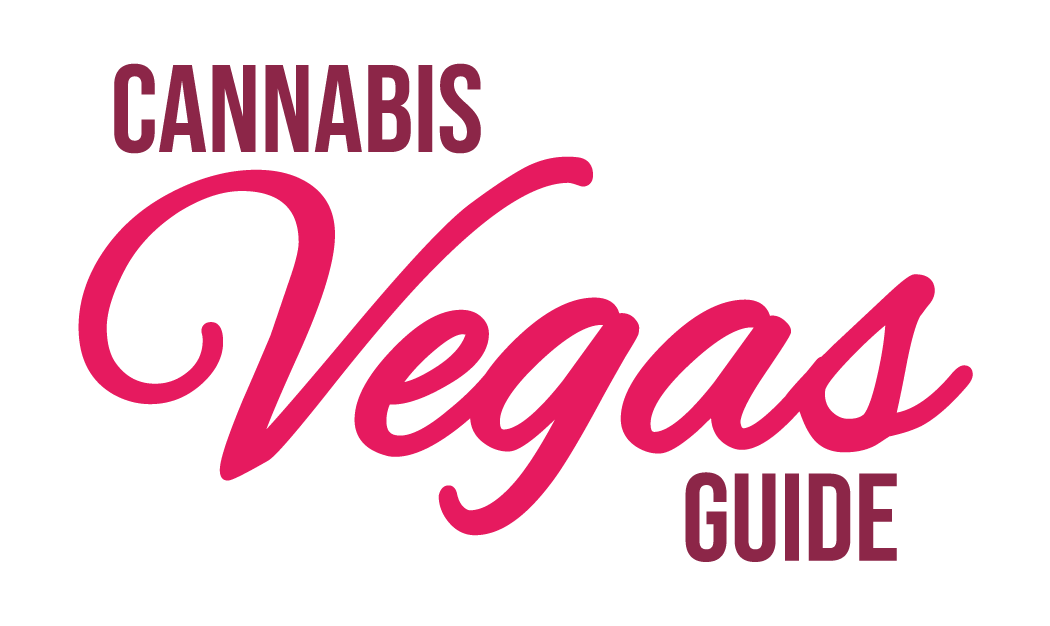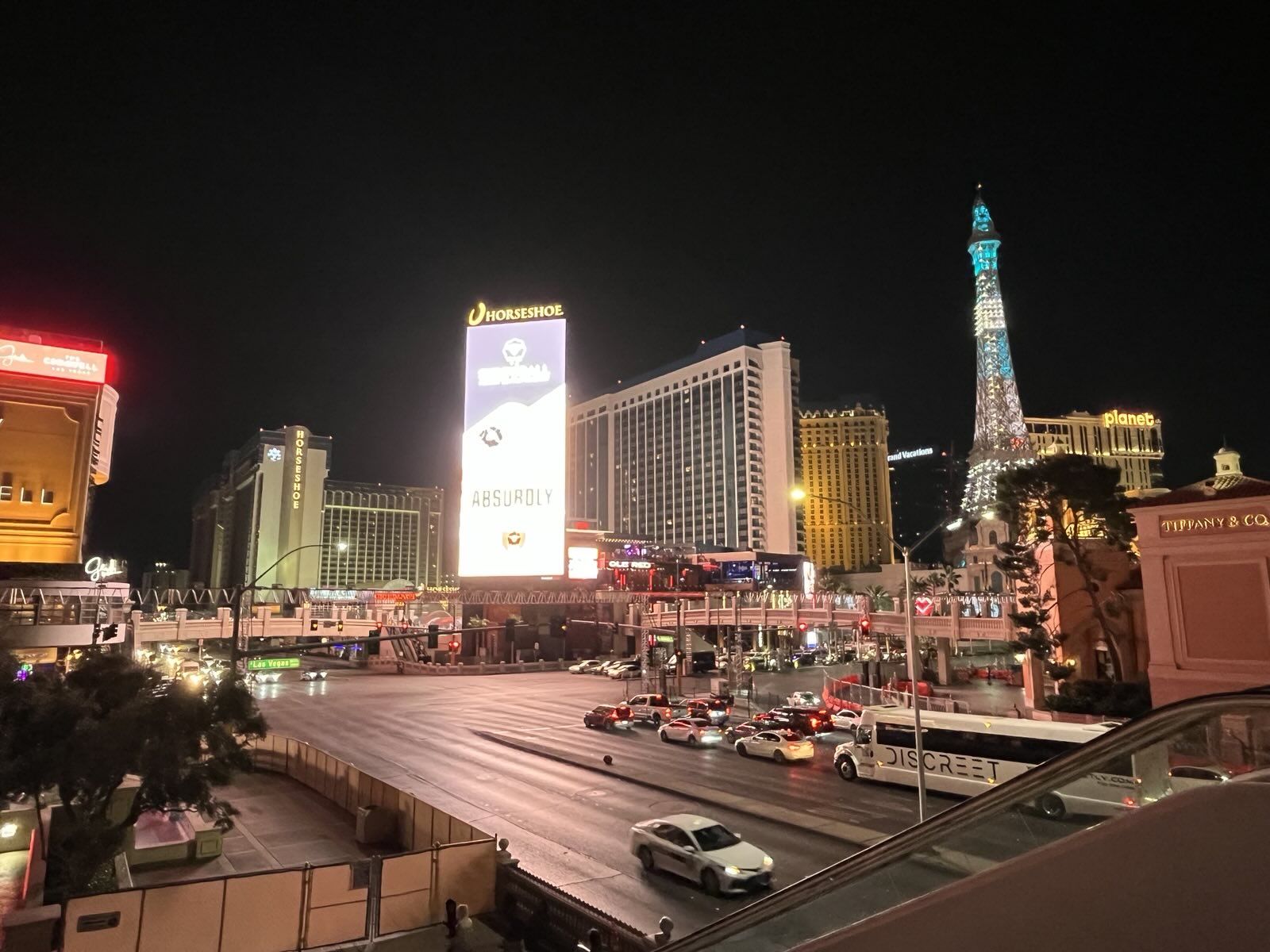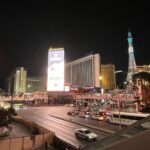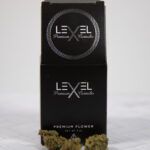Recreational legalization arrived via Nevada’s 2016 Question 2, with adult-use sales kicking off in July 2017. That policy shift didn’t just create a new retail category—it added a fresh storyline to Las Vegas leisure alongside clubs, celebrity chefs, and pro sports. Visitors quickly learned they could buy legally (with updated limits of up to 2.5 ounces of flower or ¼ ounce of concentrates as of 2024), but they still couldn’t light up on casino floors or in public, shaping a uniquely “Vegas” version of cannabis culture: big, theatrical shopping paired with carefully controlled consumption.
Retail became an attraction in its own right. Planet 13 built a destination dispensary experience—part immersive art space, part superstore—drawing heavy foot traffic and positioning cannabis as another must-see stop near the Strip. The brand now touts itself as the world’s largest cannabis entertainment complex, reflecting how dispensary design and spectacle have become core to the Vegas itinerary.
Consumption, however, has been the harder piece. Casinos remain off-limits because of federal conflicts and gaming regulations, so the city’s next act focused on licensed lounges. Nevada approved the framework in 2021–2022, and the first non-tribal, state-regulated lounges in Las Vegas began opening in 2024—starting with Smoke and Mirrors, followed by Planet 13’s Dazed lounge—promising curated menus, art-driven spaces, and event programming.
Reality has been bumpy. In April 2025, Smoke and Mirrors shuttered regular operations about a year after launch, citing regulatory costs, limitations like alcohol bans, and inconsistent enforcement that allowed unlicensed events to siphon demand. By mid-2025, reporting noted that only one state-regulated lounge was still operating, underscoring how compliance burdens and the no-alcohol rule complicate the business model—even in a city built on hospitality.
Beyond lounges, hospitality experiments continue. The Lexi—a boutique, adults-only property—opened “cannabis-inclusive” rooms (with robust filtration) on a dedicated floor, offering a legal place to consume for hotel guests while staying outside the gaming sphere. It’s a signal that cannabis tourism can coexist with Vegas standards when tightly engineered—and a preview of how more properties might participate without risking gaming licenses.
So what does the future hold? First, more finely tuned lounges that feel less like dispensary extensions and more like ticketed entertainment venues—think culinary pairings, comedy, or wellness nights—to compensate for no-alcohol constraints. Consultants and regulators have hinted this is where viability lies, particularly if operators lean into events, programming, and partnerships that fit within rules. Second, continued separation from casinos is likely until federal law changes; industry leaders and gaming regulators repeatedly signal that convergence is a long way off. Third, broader policy tweaks—like Nevada’s 2023 SB277 that raised possession limits and streamlined licensing—show the state is willing to recalibrate; further adjustments around hospitality could follow if early lounges prove the model with safety and neighborhood buy-in.
Finally, macro tourism matters. Even amid 2025’s uneven visitation narrative, Vegas remains an events powerhouse; cannabis fits best when it’s packaged as another premium experience layered onto conventions, concerts, and sports weekends. Expect winners to be the operators who design for that moment—elevating service, storytelling, and compliance so cannabis feels as seamless as a dinner reservation or show ticket, just with a different kind of glow.





